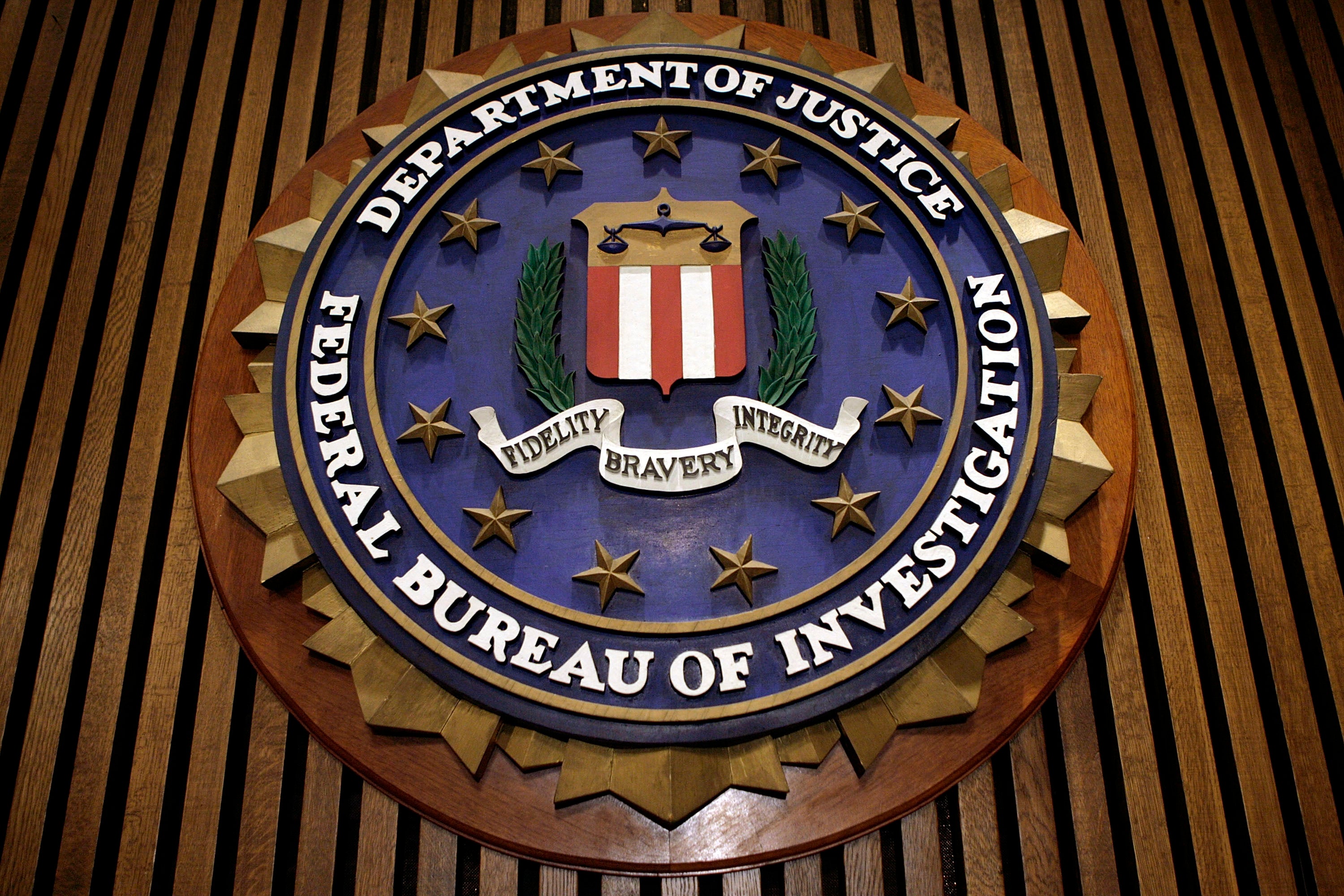FBI 'degraded public trust' after spoofing US news sites to catch bomb-threat suspect
Agents mocked up a fake webpage and URL in order to trace a suspect's computer with malware - a tactic more usually associated with criminals

Your support helps us to tell the story
From reproductive rights to climate change to Big Tech, The Independent is on the ground when the story is developing. Whether it's investigating the financials of Elon Musk's pro-Trump PAC or producing our latest documentary, 'The A Word', which shines a light on the American women fighting for reproductive rights, we know how important it is to parse out the facts from the messaging.
At such a critical moment in US history, we need reporters on the ground. Your donation allows us to keep sending journalists to speak to both sides of the story.
The Independent is trusted by Americans across the entire political spectrum. And unlike many other quality news outlets, we choose not to lock Americans out of our reporting and analysis with paywalls. We believe quality journalism should be available to everyone, paid for by those who can afford it.
Your support makes all the difference.The FBI has been accused of degrading public trust in the US media after it created a fake news story filled with malware in order to trick a bomb threat suspect into revealing their identity.
Documents obtained by the Electronic Frontier Foundation (EFF) and publicized by the American Civil Liberties Union’s principal technologist Christopher Soghoian show that the FBI carried out the plan in 2007 following multiple bomb threats to a Washington high school.
Agents took a story from the Associated Press about the threats and emailed it to a MySpace account thought to be linked to the suspect. When they clicked the link (presented “in the style of The Seattle Times” complete with information about subscriptions and ads for the paper) spyware captured the target’s IP address, later leading to the arrest and conviction of a 15-year-old student.
The Seattle Times, which is the largest daily newspaper in Washington, has said it is “outraged” by the sting with editor Kathy Best saying: “Not only does that cross a line, it erases it.”
"Our reputation and our ability to do our job as a government watchdog are based on trust. Nothing is more fundamental to that trust than our independence — from law enforcement, from government, from corporations and from all other special interests,” said Best. “The FBI’s actions, taken without our knowledge, traded on our reputation and put it at peril.”
A spokesman for FBI’s Seattle office defended the sting, saying that the techniques involved were only used “in rare circumstances and only when there is sufficient reason to believe it could be successful in resolving a threat”.
Join our commenting forum
Join thought-provoking conversations, follow other Independent readers and see their replies
Comments